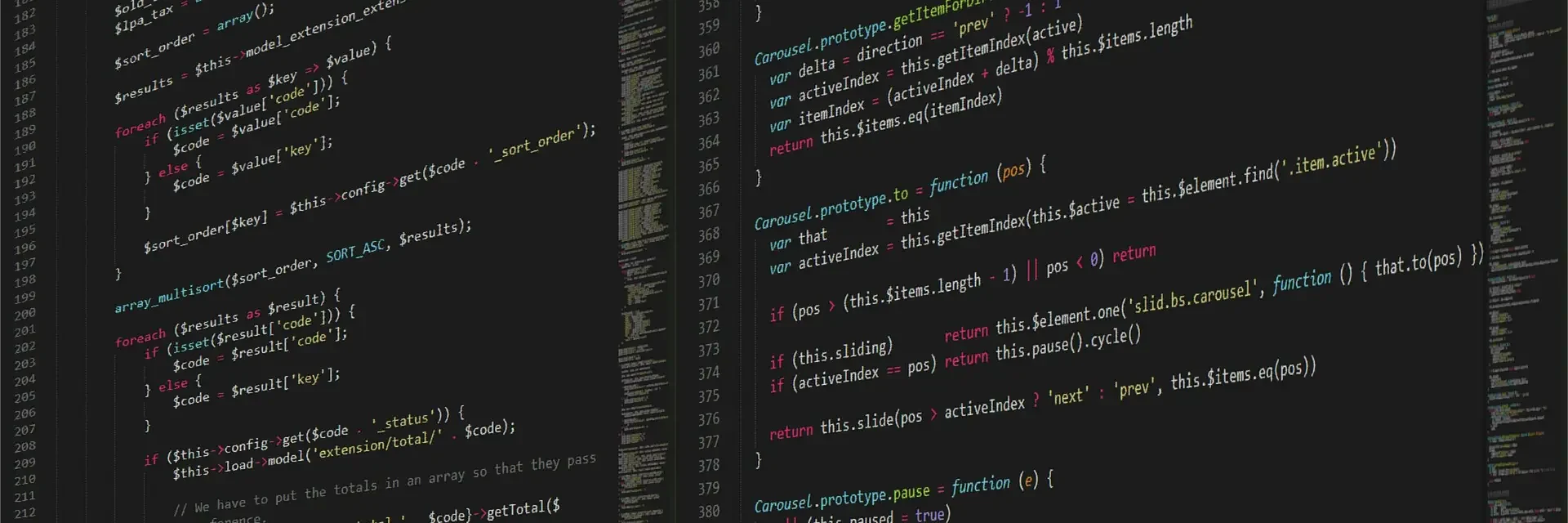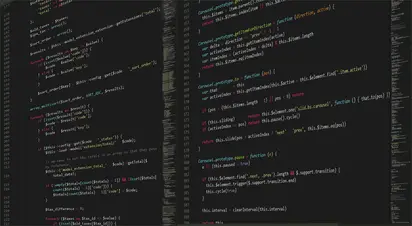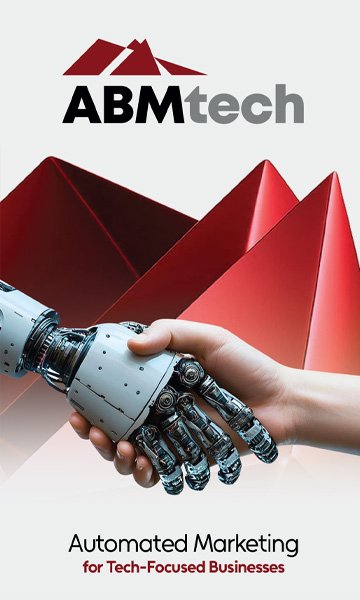
Artificial Intelligence (AI) is rapidly changing how we live and work, and software development is no exception. Once a field dominated by human programmers, AI is now taking on a significant role in reshaping the future of software. AI is revolutionising software development, from automating tedious tasks to generating creative code.
This blog post will explore how AI transforms software engineering, from boosting productivity to improving code quality. We’ll explore how AI is not just a tool but a powerful ally for developers, unlocking new possibilities and accelerating innovation.
Impact of AI on Future of Software Engineering
Artificial Intelligence (AI) is rapidly transforming the landscape of software engineering. From automating routine tasks to enhancing creativity, AI is revolutionising how we develop, test, and maintain software. By automating repetitive tasks, improving code quality, and accelerating development cycles, AI empowers developers to build more sophisticated and innovative software.
Let’s explore the key ways AI is shaping the future of software engineering:
1- Automating Repetitive Tasks
One of AI’s most significant benefits in software development is its ability to automate repetitive and time-consuming tasks. Tools powered by AI can automatically generate boilerplate code, test cases, and documentation, freeing developers to focus on more complex and strategic aspects of their work. This automation increases efficiency and reduces the risk of human error.
2- Enhancing Code Quality
AI-driven tools analyze code to identify vulnerabilities, bugs, and security risks, helping developers create more secure and reliable software. By detecting patterns and anomalies, AI flags potential issues early in the development process, allowing developers to address them proactively. Additionally, AI suggests improvements for code style and readability, promoting best practices and ensuring code quality.
3- Accelerating Development Cycles
AI-powered tools can significantly accelerate the software development lifecycle. By automating tasks like code generation, testing, and deployment, AI can reduce the time it takes to bring software to market. Moreover, AI can assist in predicting potential issues and bottlenecks, allowing development teams to allocate resources more effectively and avoid delays.
4- Improving Collaboration and Communication
Effective collaboration and communication are essential for successful software development. AI can facilitate collaboration by analysing code repositories, identifying dependencies, and suggesting potential improvements. AI-powered chatbots can also provide real-time assistance to developers, answering questions and resolving issues promptly.
5- Enabling Low-Code and No-Code Development
AI empowers a new generation of developers by enabling low-code and no-code development. These platforms leverage AI to generate code automatically based on visual representations of software applications. This democratisation of software development allows individuals with limited coding experience to create sophisticated applications, accelerating innovation and democratising access to technology.
6- Ethical Considerations
While AI offers tremendous potential, it’s essential to consider the ethical implications of its use in software development. Issues such as bias, transparency, and accountability must be addressed to ensure that AI is used responsibly. Additionally, the impact of AI on the future of work is a significant concern. While AI may automate certain tasks, it’s likely to create new opportunities for skilled developers who can leverage AI to innovate and solve complex problems.
Strategies to Implement AI Into Software Development
To leverage the power of AI in your software development projects, consider the following strategies:
- Adopt AI-powered tools: Incorporate AI-driven tools into your development workflow to automate tasks and improve efficiency.
- Learn AI and machine learning: Gain a solid understanding of AI concepts to utilize AI-powered tools and techniques effectively.
- Collaborate with AI experts: Work with AI specialists to identify opportunities for AI integration and overcome technical challenges.
- Embrace a continuous learning mindset: Stay updated on AI advancements and trends to remain competitive.
Benefits of AI in Software Development
The integration of AI into software development offers numerous benefits:
- Increased Productivity: Automation of routine tasks and intelligent tools streamline the development process.
- Improved Code Quality: AI-powered analysis and testing tools ensure code reliability and security.
- Accelerated Time-to-Market: Faster development cycles and streamlined processes lead to quicker product releases.
- Enhanced Innovation: AI empowers developers to explore new ideas and experiment with cutting-edge technologies.
- Reduced Costs: Automation and optimisation reduce operational expenses and resource requirements.
AI – Threat To Developers?
A million-pound question: Will AI replace software engineers in the future? Let’s explore the answer from a logical perspective.
We all know that while AI has the potential to automate specific tasks, it’s unlikely to replace human software engineers completely. Instead, AI will augment human capabilities, enabling developers to concentrate on more complex and creative aspects of their work. The future of software development lies in a collaborative approach between humans and AI.
The short answer is no. While AI will undoubtedly alter the nature of software development, it will not replace human ingenuity and creativity. Instead, AI will empower software engineers to become more efficient, innovative, and valuable.
Future of Software Development
AI is reshaping the software development landscape, offering unprecedented opportunities to increase efficiency, improve quality, and accelerate innovation. By automating repetitive tasks, enhancing code quality, speeding up development cycles, improving collaboration, and enabling low-code and no-code development, AI is empowering developers to create more sophisticated and innovative software.





